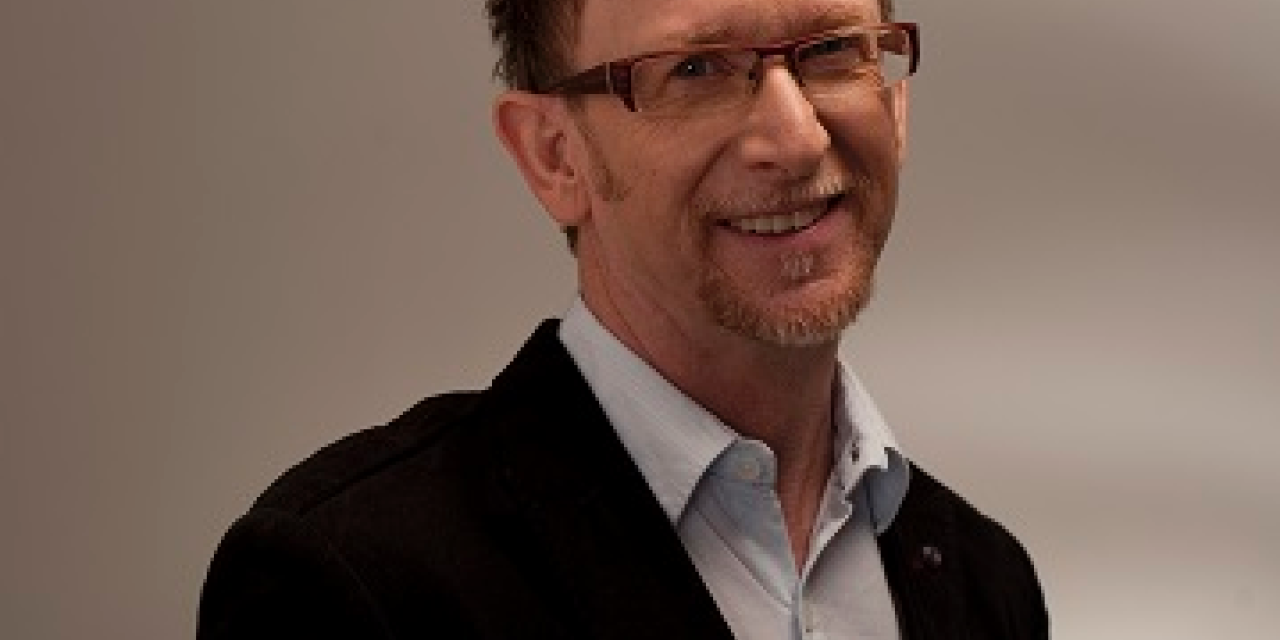Graham Kendrick has written modern worship music for more than 30 years, and his songs have spread far beyond the United Kingdom. He travels internationally to perform, lead worship and speak, as he’ll do at the 2015 Calvin Symposium on Worship.
Over the years, what’s changed most in how you plan and lead public worship?
Having begun by leading worship that was very spontaneous, I since have learned to value how prayerful planning and pastoral awareness can enrich content and narrative flow. As Robert E. Webber said, “Worship is not a program of isolated acts. It is a narrative, a retelling of our relationship with God in history, past and present.”
How has that change influenced the music you write or choose for worship?
I began writing songs that serve key points in public worship, such as gathering, sharing the peace, confession, communion and sending out. Also, I saw the need to write for church seasons such as Easter and Christmas. Still, I love the spontaneous when the moment comes.
What is Psalm-surfing?
It is the improvised singing of scripture, especially the Psalms. I think of it as worshipping God with an open agenda, wrapping our hearts and voices around the Word of God, and giving space for it to do its work in us.
Can people succeed at Psalm-surfing if they don’t have your musical and worship skills?
Everyone can participate. It does not require special skills, because singers and musicians lead and make it easy for you to follow. Or you can just sit and soak up spiritual refreshment. My primary aim is to help people engage the Psalms in new ways. Experimenting in private devotions and small groups, like in a band rehearsal, will help you find out if you have a talent for it.
|
“Worship is a journey from revelation to response” (8:05) Graham Kendrick explains why worshipers don’t sing (6:39) Register for Graham Kendrick’s 2015 Calvin Symposium on Worship workshops on songwriting and Psalm-surfing.
|

